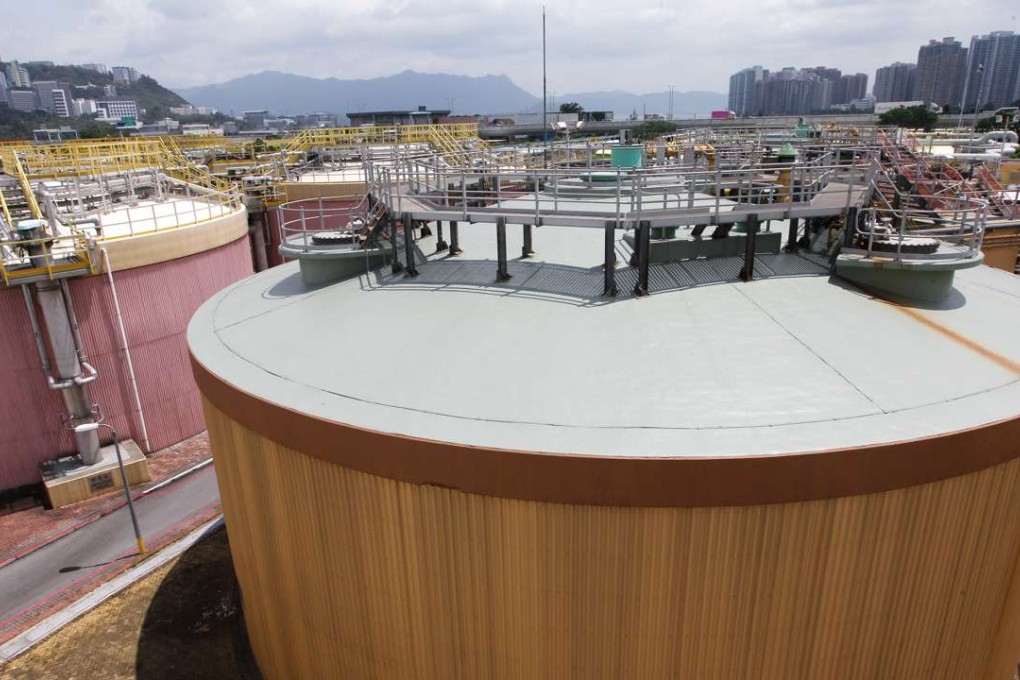Drug-resistant superbug risk for Hong Kong swimmers
Sewage is the perfect breeding ground for antibiotic-resistant bacteria and in Hong Kong it is discharged into the sea. Better treatment could reduce problem, but is costly, expert says

Next time you go for a swim in the seas around Hong Kong, or eat seafood caught there, you risk picking up antibiotic-resistant superbugs discharged in sewage, tests by University of Hong Kong engineers show.
A study by Professor Tong Zhang, of the university’s Department of Civil Engineering, found the city’s sewage treatment plants are hot spots of antibiotic resistant bacteria.
“Antibiotics enter the public sewers via urine and faeces, and are transported to wastewater treatment plants,” he explains.
Why China is at heart of fight to head off antibiotic apocalypse
The plants house huge reactors that act as incubators for growing bacteria, which clean the sewage by feeding on pollutants. Unfortunately, this brew provides the perfect breeding ground for antibiotic resistance. Exposed to high concentrations of antibiotics, resistant bacteria proliferate.

In Hong Kong, treated sewage is disinfected with chlorine, meant to kill the bacteria, before it is released into watercourses and the sea. But, according to Tong, this does not completely sterilise the treated sewage and some bacteria survive.
